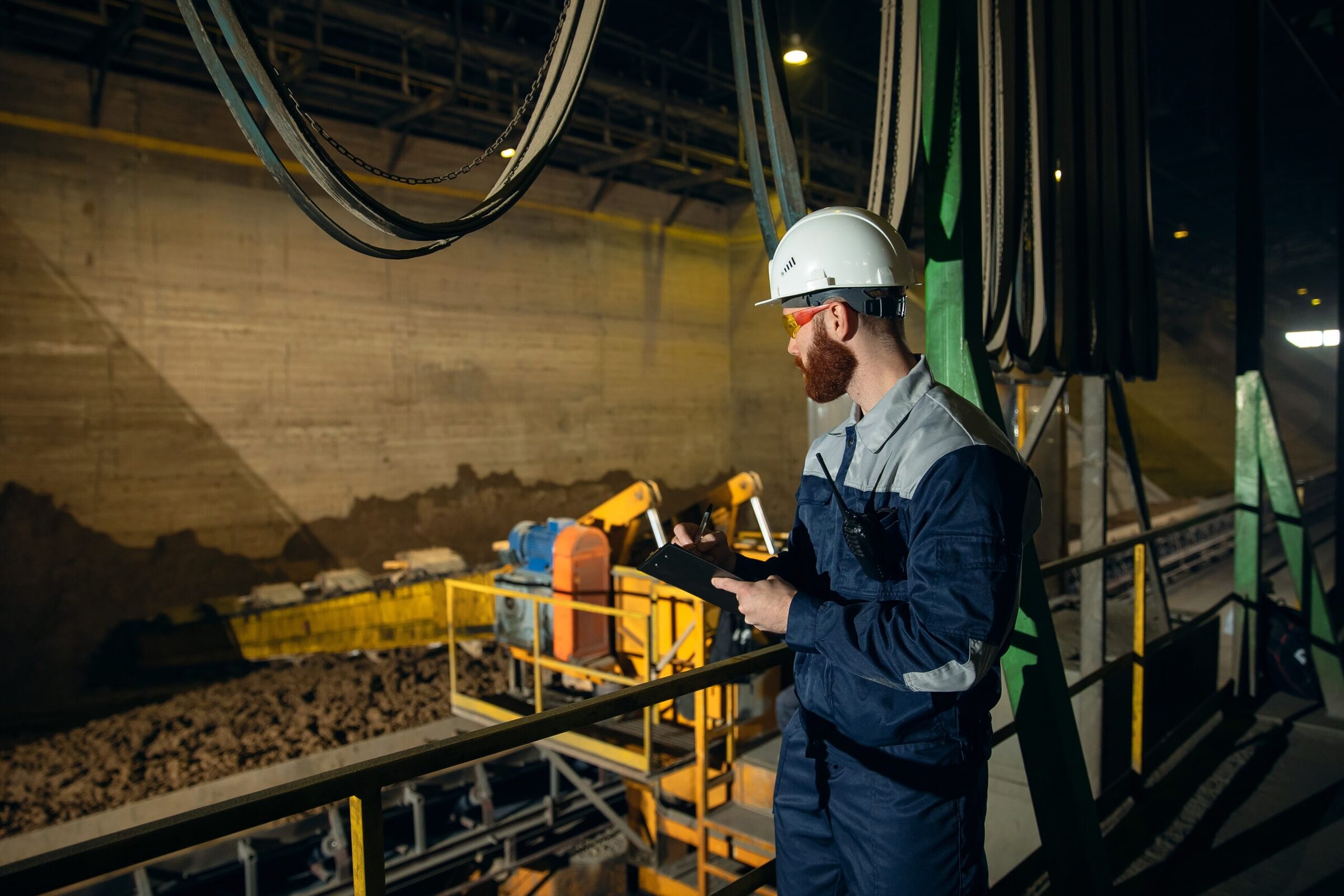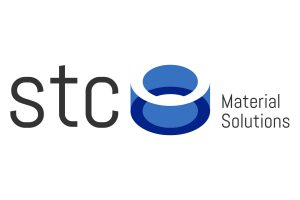Get to know The American Ceramic Society
Hear what our members have to say about their experiences with ACerS and how it has impacted their personal and professional lives.
Networking Opportunities
The American Ceramic Society offers many opportunities to network. Check out all the ways you can interact with members and individuals in your field.
Career Development
The American Ceramic Society offers plenty of resources to start or further your career in ceramics.


About ACerS
ACerS has been a trusted source of ceramic materials and applications since 1898.
Ceramic and Glass Industry Foundation
The CGIF is dedicated to ushering in the next generation of ceramic and glass science students and professionals.










